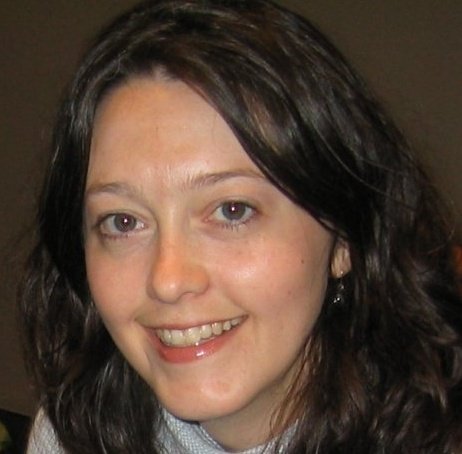
Cheri Voisine, Marketing Consultant, mHealth Industry
By Cheri Voisine, Marketing Consultant for the mHealth Industry
"Seventy-five percent of what we need to do here has nothing to do with technology," explained Mark Dronzek, Chief Information Officer for Family Health International at an mHealth conference hosted by the University of California at San Francisco last week. mHealth is ultimately about people and the need to transfer data not about the device, Dronzek continued.
Dronzek was one of several panelists at last week's cross-sector gathering of mHealth leaders at the Information Communication Technology Bay Area Mobile Health (mhealth) Partnership Forum. The conference highlighted the new mHealth Alliance, an agreement between the Rockefeller, Vodafone and United Nations Foundations designed to facilitate global innovation and ensure maximum impact in the field of mHealth.
Dronzek's panel focused on mHeath field activities and challenged the audience to remember the individuals tasked with implementing mHealth applications on-the-ground. Joining him was Clint McClellan, Senior Director, Health & Life Sciences, Qualcomm, Inc., Frank R. Rijsberman, Ph.D., Director of Programs, Google.org, and Tim Wood, ICT Innovation Technical Project Manager, Grameen Foundation. Each of the panelists stressed the need for organizational change management in order to successfully scale mHealth services.
McClellan, a self-professed "tech guy", sees Qualcomm's role in mHealth as providing the wireless bridge between the physical and digital worlds, while Google's Rijsberman characterized his company's role was providing its Android operating system as a platform for developers looking to design mHealth applications.
Grameen's Tim Wood drove home the on-the-ground challenges of implementation by sharing images and stories of the "paper problem" of rural healthcare clinics. In developing markets, healthcare workers in rural areas are tasked with updating log books by individual, ailment, and occurrence on top of their standard monthly reporting duties. A rural clinic benefiting from a grant may be subject to further reporting to meet their grant guidelines. Wood explained that while the tools may change, people tend to stay the same. The biggest barriers to successful, scaled mHealth implementations may be the health workers' own force of habit -- the human tendency to continue to perform tasks in the way they always have.
Recognizing the need for a facilitation body in a largely fragmented industry, the panelists suggested that the mHealth Alliance create a tool-kit or framework with "Do's and Don'ts" for mHealth implementation to evangelize best practices. Another suggestion for the Alliance: Map the mHealth resources and platforms currently available and identify areas of technological overlap to encourage more collaboration. By creating a central repository of information, the Alliance will be well equipped to educate the industry on mHealth and research and track mHealth technology and implementations.
Dronzek's final kernel of wisdom for the mHealth Alliance and its partners: Do not take credit -- the success of large global endeavors, such as scaling mHealth services, requires collaboration without glory.

















